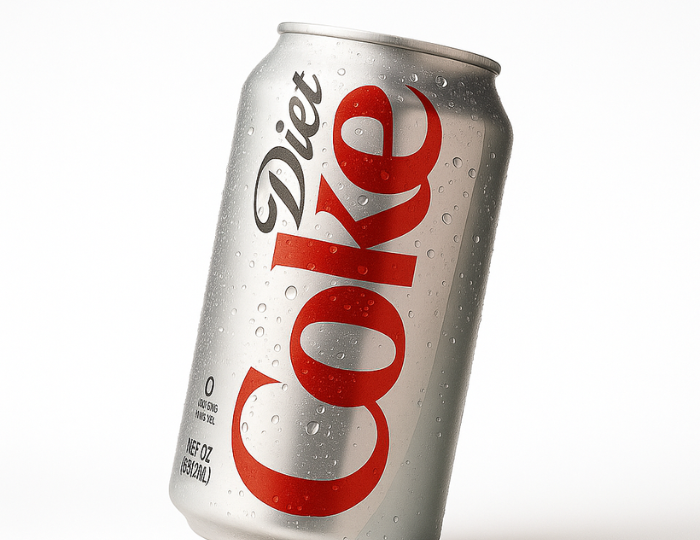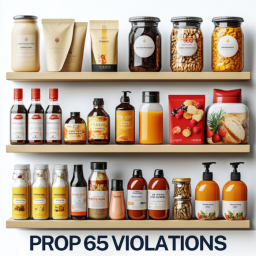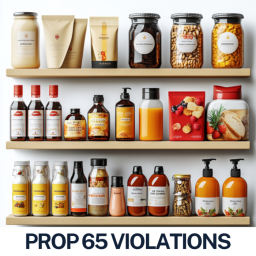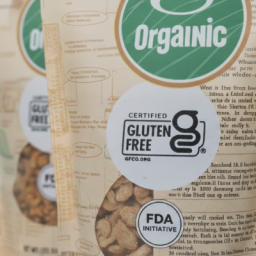
Coca-Cola just brought back a fan favorite. After disappearing from shelves in 2020, Diet Cherry Coke is returning to select Kroger stores across the U.S., reigniting excitement among fans of the iconic 1980s flavor. The comeback isn’t just about flavor—it’s a masterclass in brand revival, retail partnerships, and smart licensing.
So what can smaller food and beverage companies learn from Coca-Cola’s strategy? From IP structuring to regulatory hurdles and licensing playbooks, this nostalgic relaunch provides legal and strategic lessons for brands at every stage of growth.
Flavor Comebacks & Brand Licensing: What Food and Beverage Companies Should Know
Large-scale beverage relaunches like the return of Diet Cherry Coke often involve more than just dusting off an old formula. They are meticulously planned initiatives that rely on strategic brand licensing, retailer exclusivity, and intellectual property (IP) control. Coca-Cola’s partnership with Kroger to reintroduce this iconic drink is a clear example of how legacy brands leverage retail relationships and licensing agreements to reenter the market with impact. Smaller and mid-sized brands can adopt similar structures to create mutually beneficial collaborations with national or regional retailers.
Key Legal Strategies:
- Structure Flavor Licensing Like a Brand Asset: Treat a flavor variant like a product line. Use clear agreements that define ownership, exclusivity, and geographic rights. Even for short-term promotions, licensing IP properly avoids long-term disputes.
- Negotiate Exclusivity with Care: Retailers like Kroger may want exclusive distribution for a set term. Be sure the terms define duration, territory, minimum orders, and termination rights. Limited exclusivity can drive urgency without limiting future sales.
- Royalty vs. Flat-Fee Models: Evaluate whether a percentage-of-sales royalty, flat license fee, or hybrid structure makes sense. For emerging brands, aligning fees with performance often ensures mutual success.
- Case Study: Think of Halo Top’s licensing with franchisees or LaCroix’s retail agreements. Where they succeeded, terms were clear and aligned. Where brands failed, exclusivity or lack of IP clarity led to breakdowns.
Recommendation for Growing Brands: Companies looking to scale or expand through licensing should prioritize trademark protection and ensure flavor formulas or co-branded assets are fully secured through written agreements before engaging retailers.
Regulatory Compliance When Reviving Legacy Products
Bringing a previously discontinued product back to market can be exciting, but it also requires a fresh look at the current regulatory environment. Since the original release of Diet Cherry Coke, there have been significant changes to labeling laws, ingredient disclosures, and health-related claims. Failing to comply with updated requirements can result in class actions, enforcement actions, or costly delays. Any brand attempting to revive a legacy product must view compliance not as a checkbox—but as a cornerstone of the relaunch process.
Key Compliance Considerations:
- Labeling Has Changed: Since the 1980s, the FDA has updated labeling rules for nutrition panels, added sugars, allergen disclosures, and daily values. Don’t assume a legacy label is still compliant.
- Prop 65 & Ingredients: If your product contains artificial sweeteners like aspartame, synthetic colors, or other chemicals, California’s Proposition 65 may require a warning label.
- Reformulation Risks: Even minor tweaks in flavor can trigger consumer confusion. If a product doesn’t taste the same but is branded as “classic,” you risk deceptive marketing claims.
- Permitted Label Claims: Phrases like “original taste” or “no sugar” must meet legal standards. Claims should be vetted by counsel and supported by testing or documentation.
Best Practice for Compliance: Brands reviving legacy SKUs should conduct a comprehensive regulatory review covering FDA, state-specific laws (such as Prop 65), and industry-specific guidelines to reduce litigation risk and ensure market readiness.
How Limited-Edition Products Shape Brand IP Strategy
Limited-edition products often generate buzz, urgency, and increased customer engagement. But while they may be temporary on shelves, their legal impact can be long-lasting. Brands that invest in protecting the IP around short-run flavors, seasonal packaging, or promotional names not only reduce the risk of copycats but also open doors for repeat use and potential evergreen SKU status. The Cherry Diet Coke comeback illustrates how products once seen as niche or experimental can become permanent fixtures when backed by the right intellectual property strategy.
IP Considerations for Short-Term Products:
- File for Trademarks Early: Even if a product is seasonal, registering a trademark for the flavor name or slogan can protect your brand from knockoffs and gray market resales.
- Trade Dress & Packaging Protection: Unique can design, colors, or layout may qualify for trade dress protection—especially if your product becomes iconic.
- Monitor the Market: Use watch services to track for infringing uses. Limited editions are often copied quickly by fast-moving competitors.
- Trade Secrets or Patents?: If your flavor formula is unique and non-obvious, consider whether trade secret protection or even a utility patent may apply.
Strategic Insight for CPG Companies: Develop a proactive IP plan for every new product release—no matter how short-lived. Investing early in protection enables scale, repeat collaborations, and long-term brand value.
Frequently Asked Questions (FAQs)
Question: What legal agreements are most important when licensing a product to a retailer? Answer: Licensing agreements should clearly outline rights and restrictions related to IP ownership, geographic scope, duration, royalties or fees, termination clauses, and exclusivity terms. Having robust indemnity and quality control provisions is also key.
Question: Do I need to re-register a trademark if I bring back a discontinued product? Answer: Not necessarily. If the trademark has remained active and in use, it may still be valid. However, if the trademark was abandoned or not maintained, you may need to file a new application or risk losing brand protection.
Question: What FDA requirements have changed since the 1980s that affect legacy products? Answer: Major updates include mandatory added sugar disclosures, updated serving sizes, revised daily value percentages, and clearer allergen labeling. Labels must reflect current formatting and terminology.
Question: Can I be sued under Prop 65 for a product that previously didn’t require a warning? Answer: Yes. Prop 65 standards evolve based on updated chemical lists and enforcement priorities. A product that was once compliant could now require a warning if it contains listed chemicals.
Question: Is it worth protecting a seasonal or limited-time-only flavor with IP filings? Answer: Yes. Trademark and trade dress protection can prevent knockoffs, establish brand identity, and enable future re-releases or licensing deals—even if the initial launch is short-term.
Final Thoughts
The return of Diet Cherry Coke is more than a nostalgia play—it’s a reminder that product reboots, when executed correctly, can drive new revenue streams, expand market reach, and strengthen consumer engagement. But none of this happens in a vacuum. The legal framework behind licensing agreements, regulatory compliance, and brand protection is what transforms a flavor comeback into a sustainable business strategy.
Whether you’re considering a retail partnership, reviving a legacy SKU, or launching a short-run seasonal flavor, your legal roadmap must be as strategic as your marketing plan. Brands that take a proactive approach—by securing IP, reviewing compliance, and structuring deals with foresight—position themselves not only for product success but for long-term growth.
At Juris Law Group, P.C., we work alongside food and beverage companies to navigate these complexities with confidence. From drafting licensing agreements to assessing regulatory readiness and building trademark portfolios, our team helps brands unlock the full potential of their product innovations—one launch at a time.








